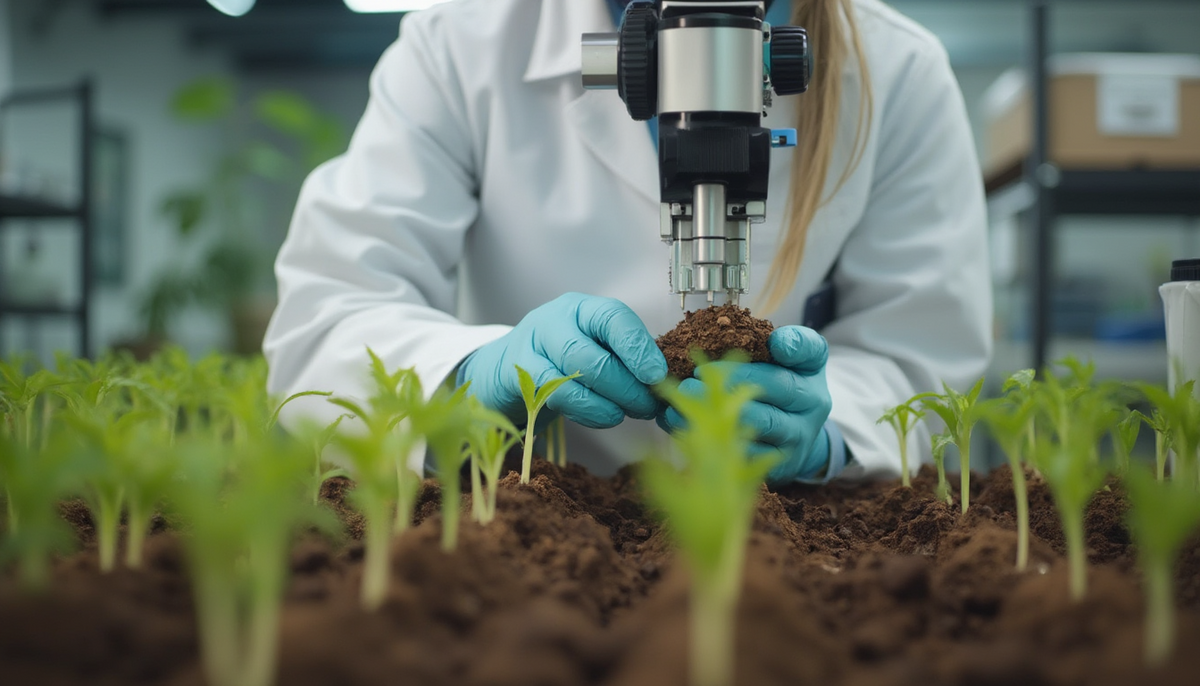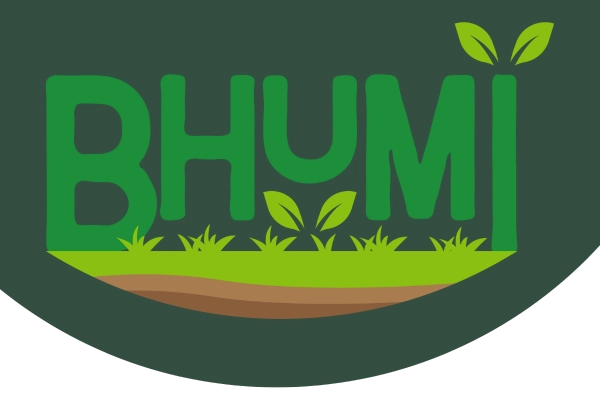Unveiling the pivotal role of soil fertility in shaping agricultural productivity, this article delves deep into the practices and innovations enhancing crop quality and yield. Discover how maintaining soil health transcends just boosting crop output—it also ensures the nutritional quality and environmental sustainability of farming practices.
Key Takeaways
- Soil Health – Directly correlates with crop yield and quality.
- Innovative Practices – Enhance soil fertility and environmental sustainability.
- Integrated Soil Management – Combines organic and inorganic strategies.
- Technological Advances – Utilize isotopic techniques for precise nutrient management.
- Sustainability – Focuses on long-term soil health instead of short-term gains.
Table of Contents
- Understanding Soil Health
- Enhancing Soil Fertility
- Technology in Soil Management
- Case Studies
- Conclusion
Understanding Soil Health
Soil’s integral role in agriculture extends beyond mere plant support; it’s a living system crucial for sustainable crop production. However, challenges such as erosion and nutrient depletion can severely impact its productivity.

Environmental Challenges and Solutions
Agricultural practices often overlook soil health, leading to degradation and reduced efficacy. Addressing these issues involves embracing practices like crop rotation and organic farming, which not only prevent erosion but also enhance soil structure and fertility.
Learn more about sustainable crop rotation.
Enhancing Soil Fertility
Improving soil fertility is multifaceted, involving organic matter integration, precise nutrient management, and innovative farming techniques. These practices are imperative for sustainable agriculture.

Integrated Fertility Management
Integrated Soil Fertility Management (ISFM) optimizes the benefits obtained from all possible sources of nutrients. It is a balanced approach that combines organic inputs, chemical fertilizers, and improved crop varieties.
Explore the role of balanced nutrients in soil health.
Technology in Soil Management
Advanced technologies and scientific methods have made significant strides in the realm of soil testing and management. Techniques such as isotopic analysis provide detailed insights into nutrient dynamics, helping to tailor fertilization practices closely to crop needs.

Case Studies
The practical implementation of advanced soil management techniques can be seen globally. For instance, farms implementing no-till farming and crop rotation have observed not only increased yields but also significant improvements in soil health.
Read about the impact of fertilizers on soil quality.
Conclusion
As we advance, the importance of soil health remains paramount in ensuring food security and environmental sustainability. By adopting integrated soil fertility management and leveraging innovative technologies, farmers can significantly enhance both crop yield and quality.
Stay informed and engage with sustainable practices by exploring more on Bhumi’s Knowledge Hub. Support our mission by making a contribution through our donation page.




